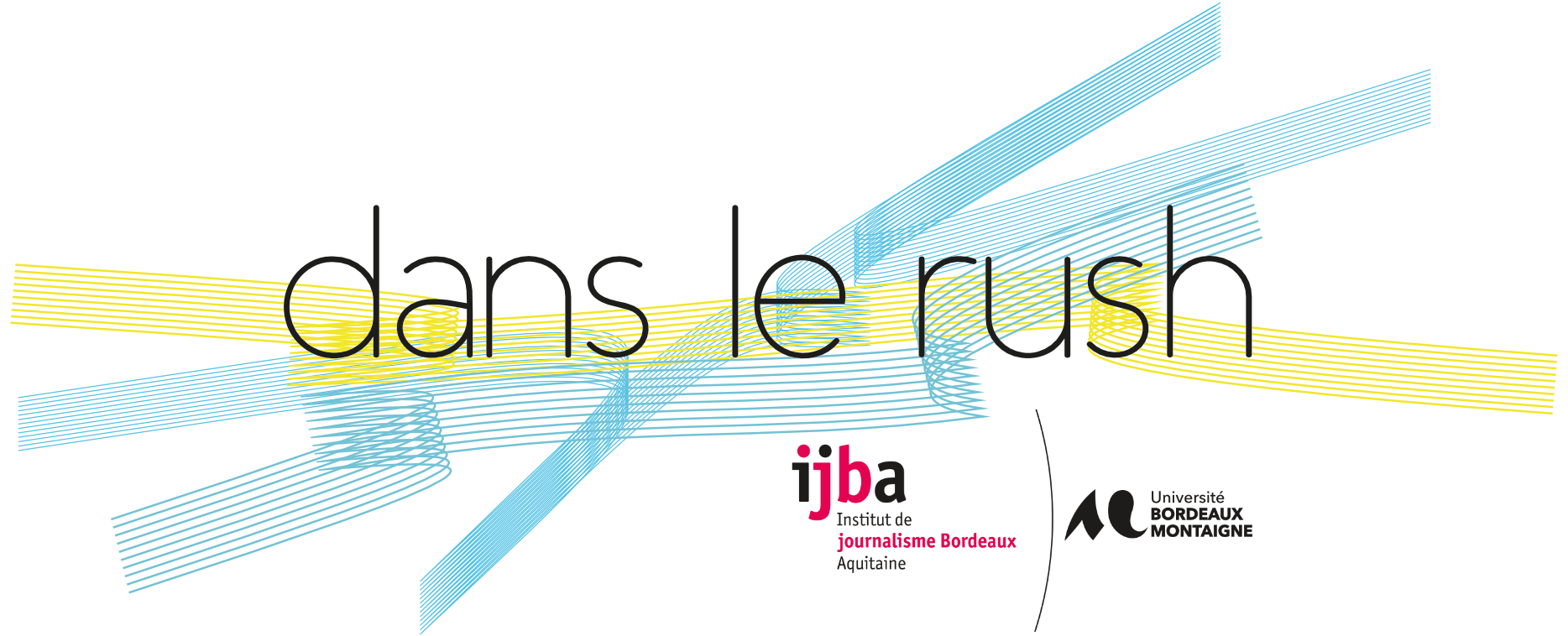The democratic primaries gather a large audience of both democrats and republicans. Among the viewers many conservatives and Trumpists take to the Internet to confront and troll the liberal candidates. With only fourteen candidates remaining, social media influencers are waging a battle of their own.
Candace Owens, the trendy anti democrat
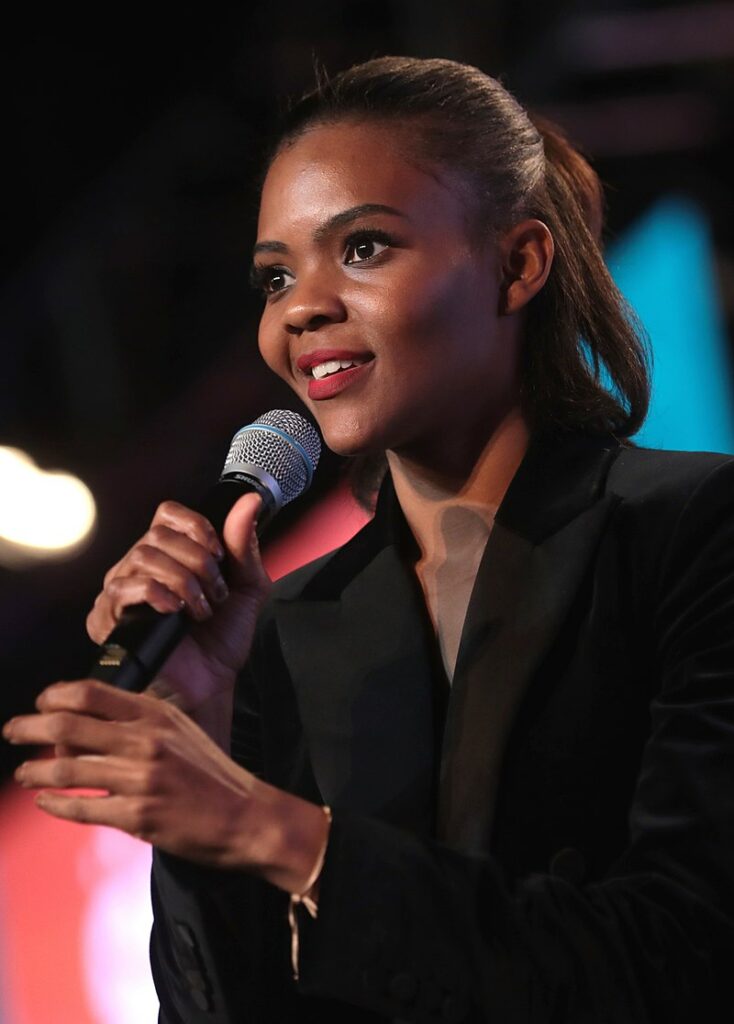
On Youtube 352 k followers / 11,229,191 views / On Twitter 1.9 million followers
She is young, only 30, black, trumpist and very conservative. Former journalist turned writer, Youtuber and podcaster, Candace Owens is one of the most aggressive opponents of the Democrats on Twitter. She wants the minorities (and especially Black voters) to stop voting for the Democratic party. She has a strategy: #TheBlexit ( ie Black Exit). For her, Democrats victimize the minorities and it’s a bad thing for the future of Black communities. She uses Twitter and Facebook to promote her ideas. The mainstream press has already written a lot of articles about her: “Nightmare of the Democrats”, “Hope of the Conservative”, “The toxic right’s newest African-American star”. On Twitter, she comments on the democratic campaign and she mixes convincing arguments with emotional attacks. Her main line of attack is the family. Owens criticizes the liberal vision of the nuclear family presented by the democrats ( she is against Abortion, Surrogacy, LGBTQ+ Rights). The other line of attack is the economy. She slmas all the projects to tax the rich proposed by the Democratic candidates. Other attacks are more emotional: for her, democrats are selfish, hypocritical and amoral. According to her, only two Democratic candidates don’t hate America: Tulsi Gabbard and Andrew Yang.
Ann Coulter, The alt right influencer
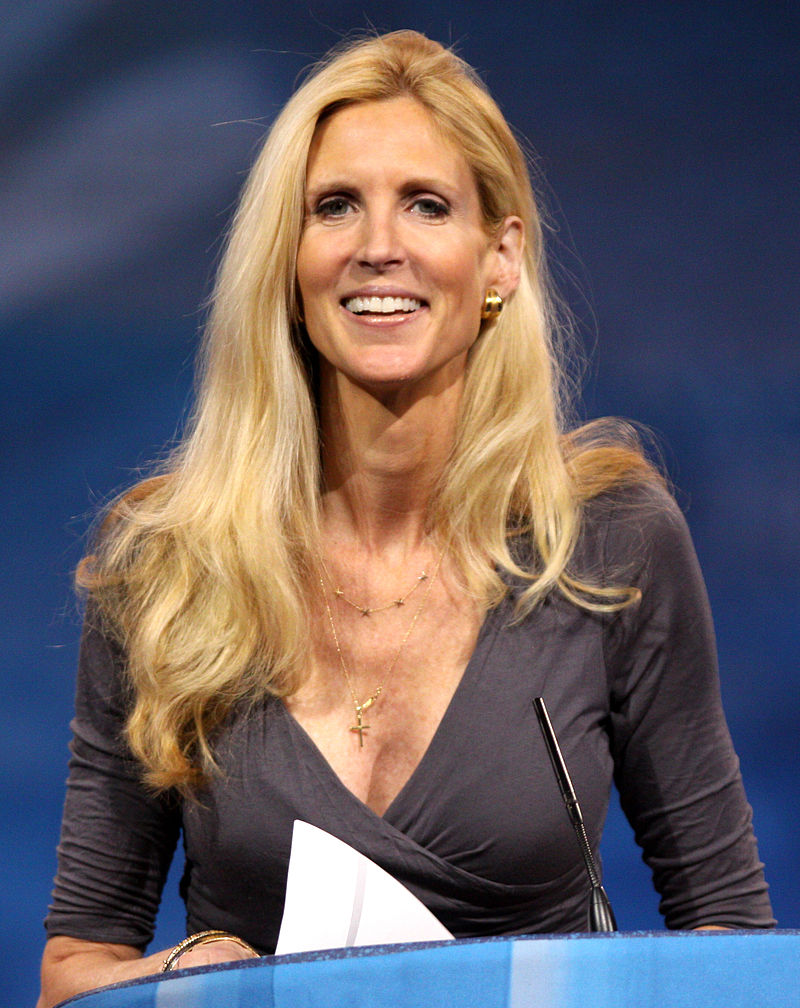
On Twitter : 2.2 million followers
Media commentator, best-selling author, Ann Coulter hates liberals. The titles of her books are quite explicit: “If Democrats Had Any Brains, They’d Be Republicans”, “ How the Liberal Mob is Endangering America ”, “Liberal Victims and Their Assault on America” , . That does not mean that Ann Coulter is a Trump fan, she is very often critical of what the president says or does. She believes Trump is too slow in building the wall at the Mexican border and she doesn’t approve of all his Middle Eastern policies. But her hatred of the Democrats is so deep that she is very committed to stopping them from winning in 2020. She sometimes exposes arguments on Twitter, but she mostly posts ironic, emotional and insulting tweets to discredit Democrats.

Trump, the Troller-In-Chief
As the seventh Democratic primary debate is around the corner -January 14th- all eyes will be on the 14 remaining candidates. With 11.7 million viewers on average for the 2020 cycle, sympathisers of the Democratic party, on their couches, will certainly be all ears. Conservatives too, like Candace Owens who won’t miss it for the world, just like her leader: Donald J Trump.
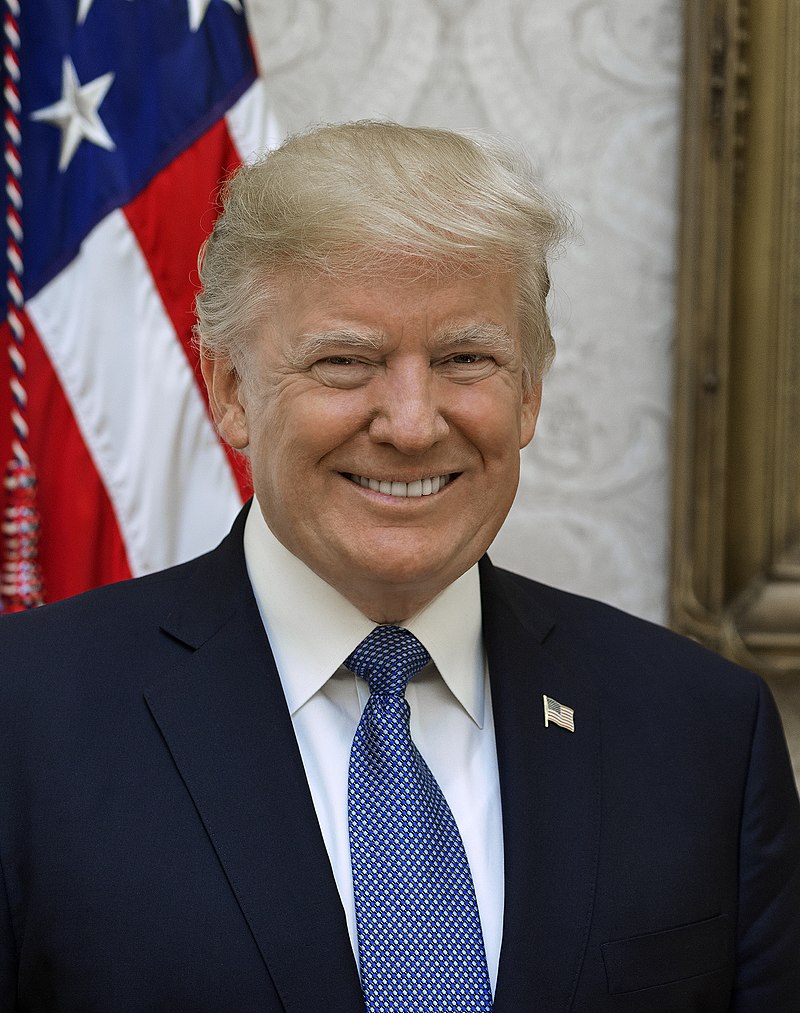
The president already took to Twitter during the 2016 election. Back then, he would comment, criticize and take on each of his political opponents whether they were on the other side of the ideological spectrum or in his own party.

The compulsive Twitter user inspired a legion of followers who operated fiercely in 2016. Trump’s Troll Army, the name they coined for themselves, spread fake news on the platform, attacked Hillary Clinton’s inner circle and much more.
The 2020 cycle has not changed much in terms of the president’s strategy. With no primary on the Republican side, Donald Trump has focused all his energy on the Democratic primaries unleashing his urge to tweet his insights or critics about the candidates. The troll’s tactics aiming at leaving intentionally annoying or offensive messages in order to upset liberal supporters, get attention and mislead many constituents, are still effective. On profiles like Students for Trump or #ThePersistence, the hashtag Demdebate reveals a plethora of comments and critics. Although in total discordance with their political opponents, Trumpists intently follow the democratic primary and keep an eye out for any piece of news involving the candidates. Voters perpetuating a negative atmosphere have affected the way partisanship works in the age of social media.
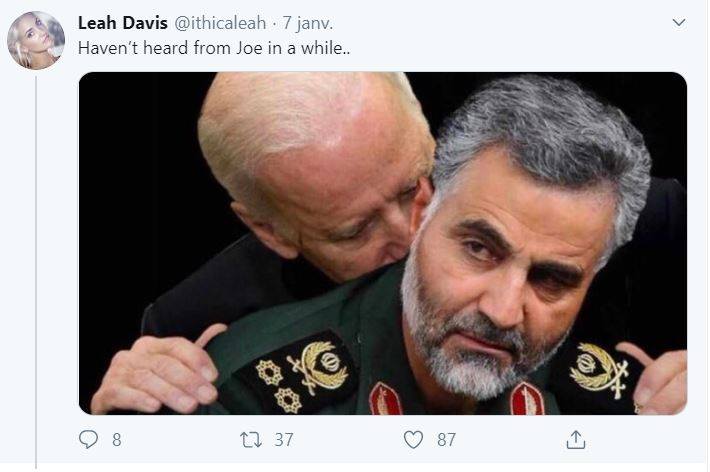
Two conservative views on the Democratic primary
shares his vision of the candidates running for 2020 Democratic nomination.
An Article by Alexandra Lassiaille, Lauriane Vofo Kana and Matthias Hardoy
